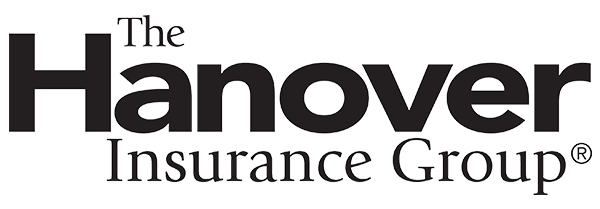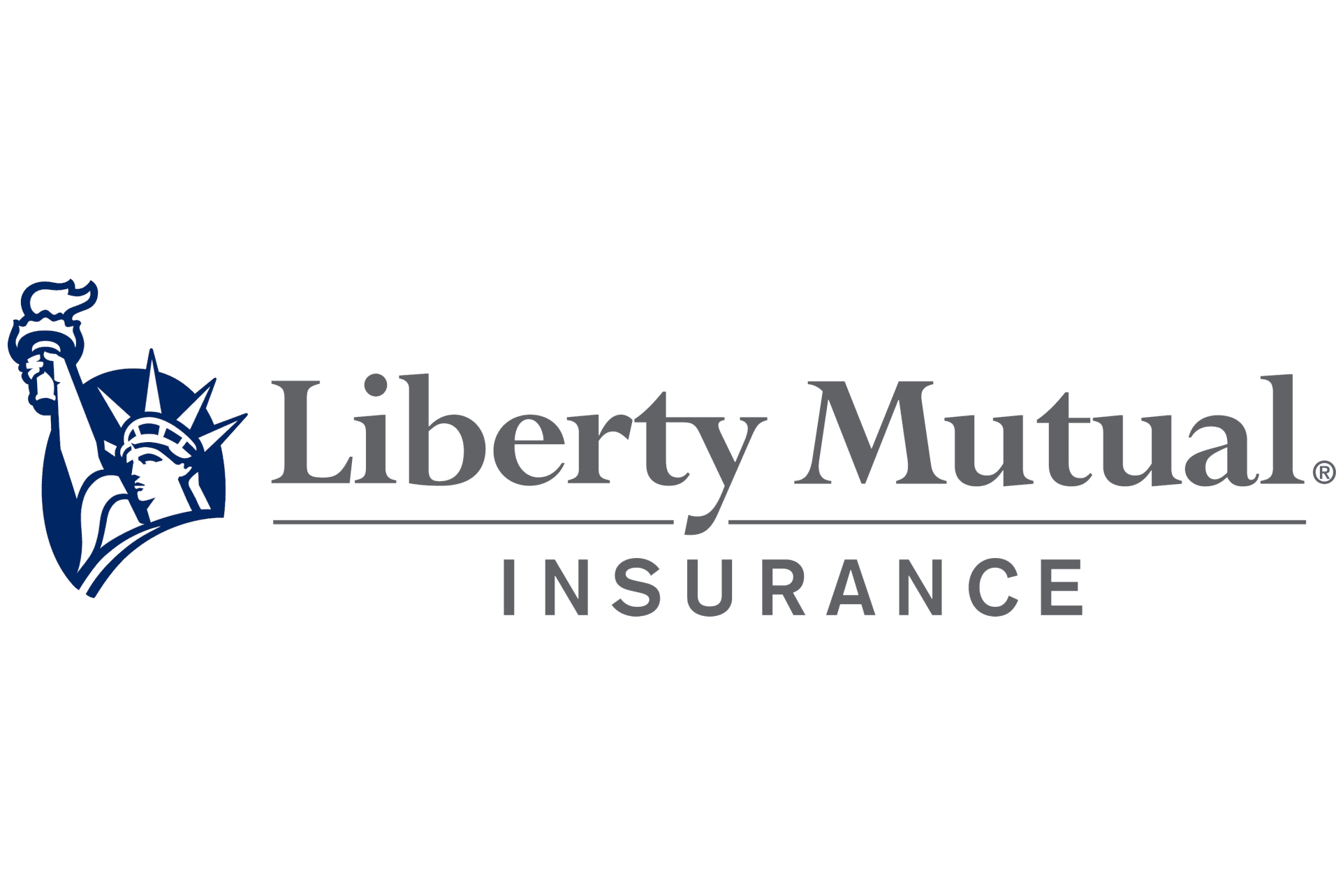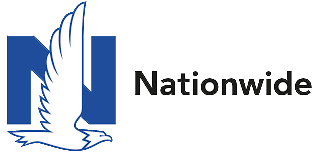What does commercial property insurance cover?
Commercial property insurance pays for the repair or replacement of damaged, destroyed, or stolen business-owned assets. These assets include owned property, supplies, equipment, furniture and fixtures, and inventory.
Company-owned buildings and property
If your business owns office buildings, a retail shop, warehouse, or any other type of property, commercial property insurance will cover those buildings from damage or destruction.
For example, if old wiring causes an electrical fire that spreads through your property and destroys your retail shop, this insurance policy will cover the repair of the retail space, the inventory, and other business-owned property.
Supplies and equipment
Most businesses maintain supplies and equipment on their premises to run their operation. These can be anything from basic office supplies to electronics. Commercial property insurance will typically replace supplies or equipment that are stolen, lost, or damaged.
For example, if a robber breaks into your business and steals multiple computers, commercial property insurance will pay for them to be replaced.
Furniture and fixtures
Commercial property insurance will cover damage to furnishings like desks, chairs, and cabinets, as well as permanent building fixtures like shelving, lighting, and ventilation.
For example, if a water pipe bursts in the office and damages couches and chairs in the waiting room, commercial property insurance will cover the damage to that furniture.
Inventory
When inventory is stored at your place of business, it is covered by commercial property insurance.
For example, if your manufacturing product inventory is stored in your warehouse and it burns to the ground, commercial property insurance will cover the replacement of the lost inventory.
What does commercial property insurance NOT cover?
It’s important to realize that commercial property insurance will not cover all types of property damage or issues that occur due to damaged property. Some situations property insurance won’t typically cover include damage to business property in transit, damage to customer property, equipment that malfunctions, costs incurred due to business interruption, theft by employees, and destroyed customer records (accounts receivable).
There are coverage endorsements available for items that are excluded from a standard insurance policy. Some common add-on coverages are:
Property in transit
If business property is being moved anywhere except within your property, it is considered in transit. There are coverage endorsements available for businesses that infrequently move property or equipment. For businesses with extensive property in transit needs, they may need to purchase an Inland marine insurance policy.
For example, a contractor transports a truck full of tools to a job site where they’re working and some of the tools fall out of the truck and are damaged, a property in transit insurance policy endorsement, or an inland marine insurance policy would pay for the tools to be replaced.
Customer property
When a customer’s property is damaged while under your custody or control, it is not covered by your business property insurance policy. There are endorsements that can be added to your commercial property insurance policy to offer protection for this exposure.
For example, your dry-cleaning business is cleaning a customer’s suits and there is a fire resulting in damage to the clothing. The commercial property insurance policy will cover the loss.
Malfunctioning equipment
At times, essential equipment will stop working due to failures that are out of a business owner’s control. If mechanical or electrical failures cause equipment to malfunction, a company with equipment breakdown insurance coverage or an endorsement added to the commercial property insurance policy could be reimbursed for the repair cost.
For example, if the grill at a restaurant is damaged due to a power surge, commercial property insurance policy won’t cover the cost of repair unless the commercial property insurance policy has additional equipment breakdown coverage or an endorsement adding the coverage.
Business interruption
If an emergency setback forces your business to close temporarily, commercial property insurance will not cover lost revenue. A business interruption insurance policy would help pay for lost revenue, overhead expenses, or temporary location costs.
For example, if a fire causes damage to a car dealership and they’re forced to close during renovations, a commercial property insurance policy will cover the repair costs, but the dealership will need business interruption if they want to recoup lost income or temporary operation expenses during the downtime.
Employee theft
Despite doing your best to hire the best, employee theft does occasionally happen. In these cases, your business would benefit from an employee theft endorsement to the standard insurance coverage to pay for theft reimbursement. This endorsement covers embezzlement, forgery, fraud, and theft from your business.
For example, if an employee is caught using a company credit card for unapproved personal purchases, the employee theft endorsement will cover reimbursement for those purchases upon discovery.
Customer invoices (accounts receivable)
Commercial property insurance will not cover destroyed customer invoices. However, coverage can be extended to include an accounts receivable endorsement to help pay the cost of recovering the lost payments.
For example, if a water leak causes a fuel dealer’s bill record-keeping system to be destroyed, commercial property insurance will cover the cost to replace the computers and filing cabinets. It will not cover the cost to hire an accountant to determine which customers have outstanding bills unless the commercial property insurance policy has an accounts receivable endorsement.










